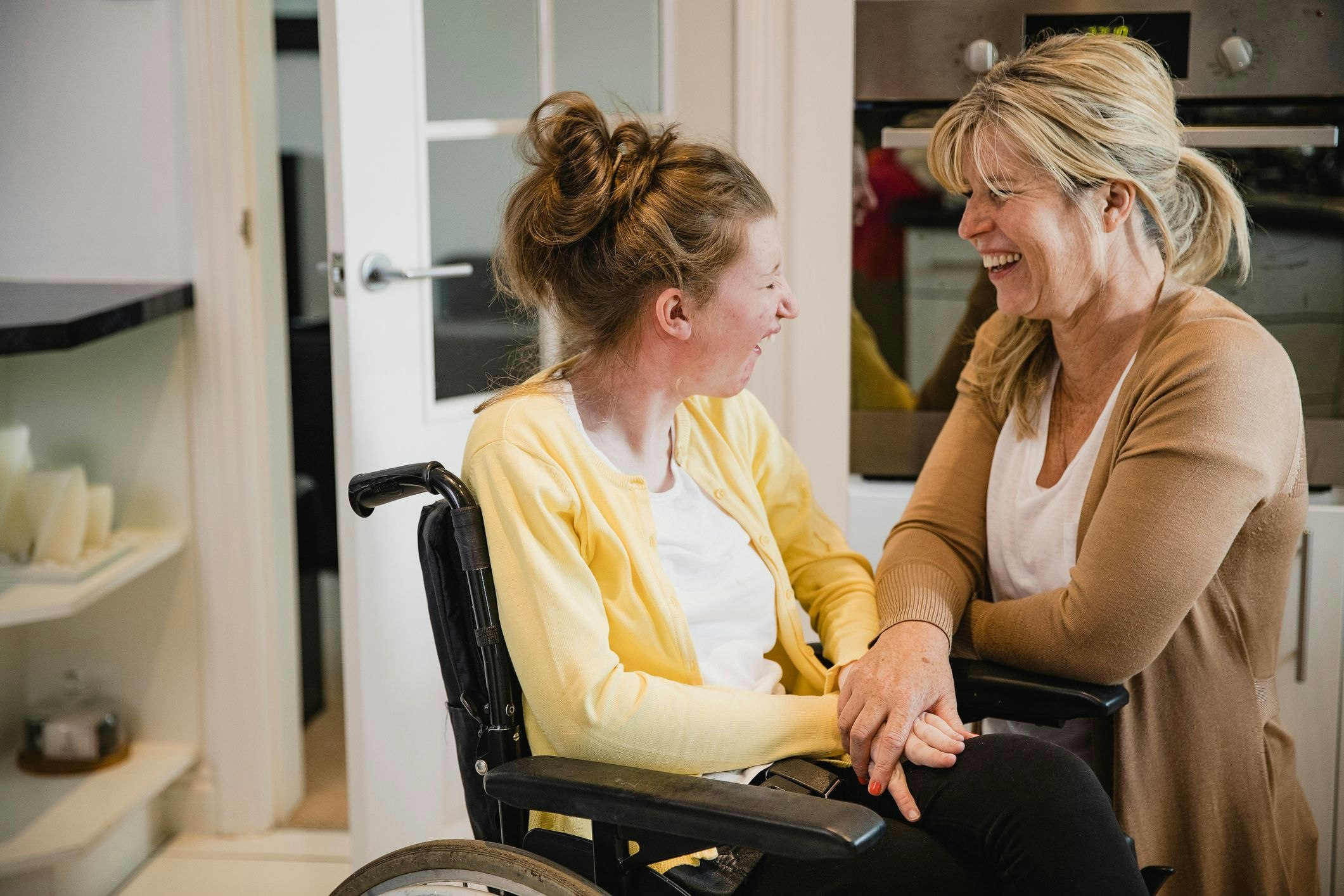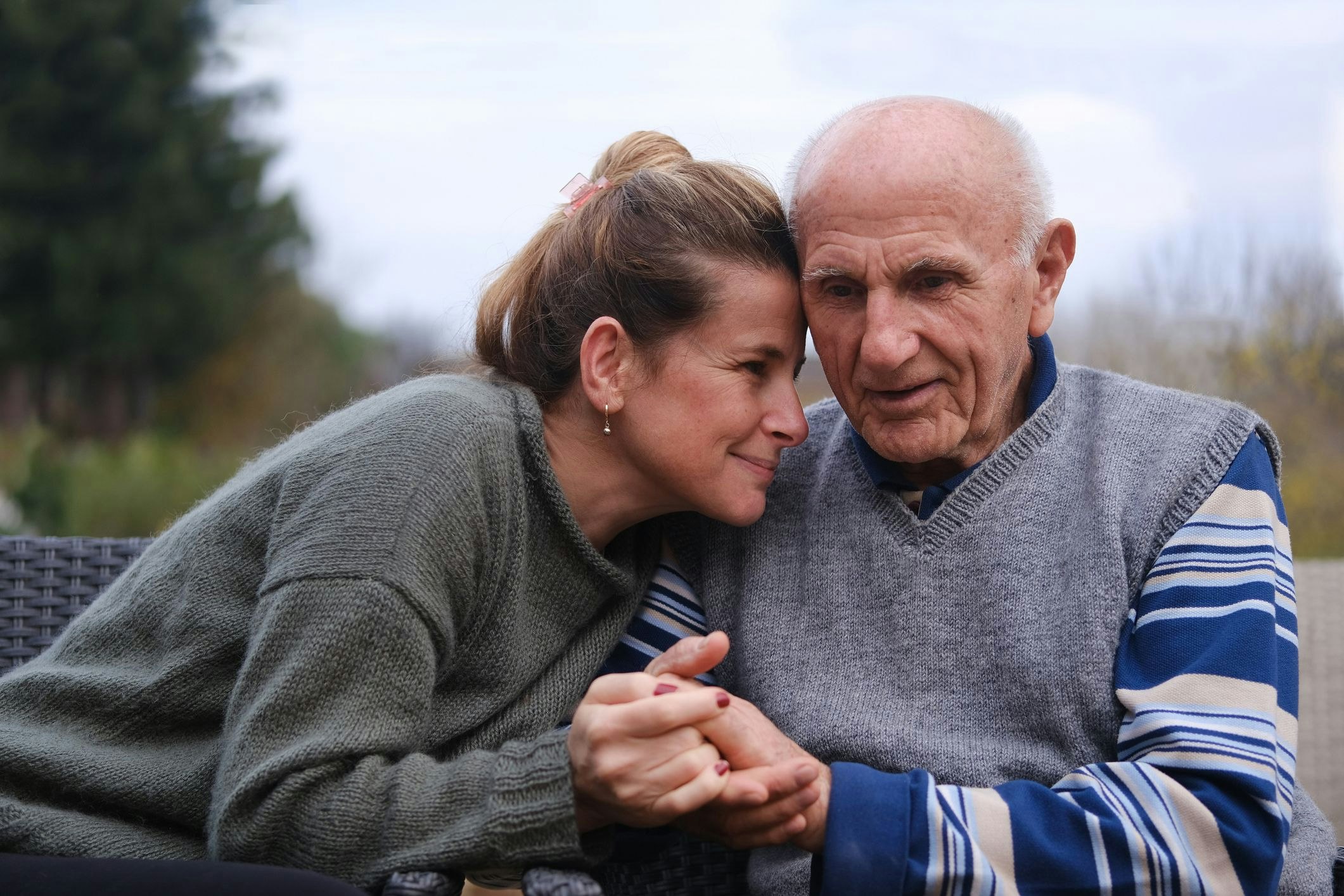NDIS Focus: Assisting with Mental Health Challenges Through Supported Living
Supported Independent Living (SIL), a key component of the National Disability Insurance Scheme (NDIS), offers vital support to individuals grappling with mental health challenges. For many Australians facing conditions such as schizophrenia, bipolar disorder, severe anxiety, or depression, achieving and maintaining independence can be a significant hurdle without consistent, tailored assistance. SIL provides a structured, person-centered solution designed to bridge the gap between requiring support and living a fulfilling, independent life within the community.
At its core, Supported Independent Living is an NDIS-funded service that delivers assistance with everyday tasks, enabling participants to live as independently as possible. This support can be provided in either a shared or individual accommodation setting. The range of assistance is comprehensive, potentially including help with cooking, cleaning, personal care, budgeting, medication management, and the development of crucial social skills. The philosophy behind SIL is not to take over an individual's life, but rather to empower them by fostering the skills and confidence necessary to manage daily responsibilities effectively.
Mental health challenges often manifest with unpredictable symptoms, emotional instability, or cognitive impairments that can make it difficult for individuals to maintain routines or live independently. SIL directly addresses these difficulties through several key mechanisms that promote recovery and stability, fostering an environment where individuals can thrive.
Structured Daily Living: A fundamental way SIL aids mental health recovery is by establishing structured daily living. Individuals with mental health conditions frequently benefit from predictable routines and schedules. SIL programs typically provide a daily framework that encourages regular meals, adherence to hygiene practices, consistent sleep patterns, and engagement in meaningful activities. This inherent structure contributes significantly to mental well-being by reducing feelings of chaos or uncertainty, which can often trigger anxiety or depressive episodes.
24/7 Support and Supervision: Many SIL accommodations offer the security of 24/7 support from trained staff. This constant availability is crucial for individuals who may experience acute mental health crises or require immediate emotional support. Knowing that assistance is always readily accessible can significantly alleviate feelings of isolation or helplessness, fostering a safer environment for recovery.
Remedy and Health Management: Managing medications and adhering to health appointments can be a struggle for individuals with mental illnesses. SIL staff play a vital role in this area by reminding participants to take their prescribed medications, assisting with prescription refills, and ensuring consistent communication with healthcare providers. This consistent support is key to effectively managing symptoms and preventing avoidable hospital readmissions.
Skill Building and Independence: A primary goal of SIL is to progressively increase a participant’s independence over time. Support workers adopt a guidance-based approach, encouraging individuals to learn and master essential life skills rather than performing tasks for them. This can include practical skills such as grocery shopping, preparing meals, or navigating public transport. The development and successful application of these skills significantly boost self-esteem and better prepare participants for more autonomous living arrangements in the future.
Community Inclusion and Social Support: Social isolation is a prevalent challenge for individuals experiencing mental health issues. SIL homes are designed to foster a sense of community, particularly within shared living environments. Participants have opportunities to form friendships, share responsibilities, and actively participate in broader community activities. Rebuilding and strengthening social connections is often a vital component of the mental health recovery journey.
One of the most significant strengths of Supported Independent Living is its inherent flexibility. The support provided is meticulously tailored to each individual’s unique goals, specific needs, and current level of functioning. Whether a person requires high-intensity daily assistance or only a few hours of support per day, SIL services can be adapted accordingly. This personalized approach ensures that participants receive the appropriate level of support, avoiding situations where they might feel overwhelmed or under-supported.
For many participants, SIL is not intended as a permanent living solution but rather as a crucial stepping stone towards greater autonomy. It can effectively serve as a transitional phase, helping individuals move from settings like hospitalisation or more intensive group housing towards fully independent living. With the right guidance, resources, and tailored support, individuals can progress from needing round-the-clock assistance to confidently managing most aspects of their lives independently.
In conclusion, NDIS Supported Independent Living offers far more than just housing; it provides a comprehensive framework conducive to recovery, stability, and profound personal growth. For individuals navigating the complexities of mental health challenges, SIL is a transformative service. It nurtures independence, significantly enhances quality of life, and promotes dignity, empowering individuals with mental illness to live meaningful, self-directed lives within their chosen communities by ensuring the right supports are in place.
You may also like...
Diddy's Legal Troubles & Racketeering Trial

Music mogul Sean 'Diddy' Combs was acquitted of sex trafficking and racketeering charges but convicted on transportation...
Thomas Partey Faces Rape & Sexual Assault Charges

Former Arsenal midfielder Thomas Partey has been formally charged with multiple counts of rape and sexual assault by UK ...
Nigeria Universities Changes Admission Policies

JAMB has clarified its admission policies, rectifying a student's status, reiterating the necessity of its Central Admis...
Ghana's Economic Reforms & Gold Sector Initiatives

Ghana is undertaking a comprehensive economic overhaul with President John Dramani Mahama's 24-Hour Economy and Accelera...
WAFCON 2024 African Women's Football Tournament

The 2024 Women's Africa Cup of Nations opened with thrilling matches, seeing Nigeria's Super Falcons secure a dominant 3...
Emergence & Dynamics of Nigeria's ADC Coalition

A new opposition coalition, led by the African Democratic Congress (ADC), is emerging to challenge President Bola Ahmed ...
Demise of Olubadan of Ibadanland
Oba Owolabi Olakulehin, the 43rd Olubadan of Ibadanland, has died at 90, concluding a life of distinguished service in t...
Death of Nigerian Goalkeeping Legend Peter Rufai

Nigerian football mourns the death of legendary Super Eagles goalkeeper Peter Rufai, who passed away at 61. Known as 'Do...



